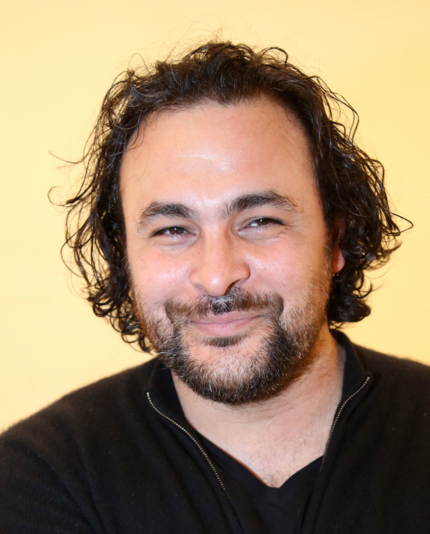Kader Attia named Curator of 2022 Berlin Biennale

Published originally by Artforum, March 4, 2021.
Interdisciplinary French-Algerian artist Kader Attia has been chosen to curate the Twelfth Berlin Biennale, scheduled to take place in 2022. The appointment was revealed on social media; no venues have yet been announced for the event, nor has Attia issued an official statement. He is the first solo artist to helm the biennial since the 2012 edition, which was curated by Polish artist Artur Żmijewski; last year’s edition, one of the few such events to take place in 2020, was curated by an intergenerational group of female-identifying South American curators: María Berríos, Renata Cervetto, Lisette Lagnado, and Agustín Pérez Rubio. Attia was selected by an international committee including artist Yael Bartana; KW Insititute director Krist Gruijthuijsen; and Gabi Ngcob, who curated the biennial’s 2017 iteration.
Born in France to Algerian parents, Attia studied in Paris and Barcelona and spent several years living in the Democratic Republic of the Congo and in South America. His work typically investigates social injustice, marginalized communities, and postcolonialism through a multifaceted practice in part comprising sculpture, video, and installation. Attia has exhibited widely, including at the Venice Biennale, the Shanghai Biennale, South Korea’s Busan Biennale, Senegal’s Dak’Art African Art Biennale, and India’s Kochi-Muziris Biennale, and has been awarded France’s top art prize, the Prix Marcel Duchamp
In 2016, on the anniversary of the 1961 demonstrations in Paris for Algerian independence during which hundreds of Algerians were slaughtered by police, Attia launched Paris arts space La Colonie with restauranteur Zico Selloum. Funded by proceeds from a bar an café operating on its ground floor, La Colonie aimed to amplify the voices of marginalized artists and thinkers with programs centering on topics like cultural appropriation, art restitution, and institutional racism. The space closed this past July owing to the Covid-19 pandemic.